Q: How might the U.S.-GCC relationship change, if at all, with the United States easing its reliance on Middle Eastern oil in tandem with increases in America’s domestic energy supplies?
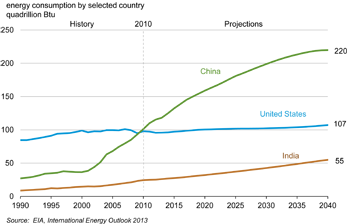
Energy consumption in U.S., China, and India, 1990-2040. Source: U.S. Energy Information Administration International Energy Outlook 2013.
John Duke Anthony: Despite the hyperbolic American rhetoric about decreasing reliance upon Middle Eastern energy sources, there appears to be no major credible United States effort underway to lessen in any significant way the privileged benefits that Americans, more than any of their counterparts among other industrialized economies, continue to derive from the relationship between the United States and GCC countries – despite the economies of the latter being heavily based on oil production and exports.
For these and a host of related reasons, not the least among them being that other countries would willingly and rapidly seek to trade places with the United States were Washington to grow tired of America’s special relationships with the GCC countries and provide them an opportunity to do so, the United States simply cannot afford to lessen its multifaceted strategic relationship agreements with this region’s six member-states.
In the coming decades, while the United States may be less dependent upon the GCC countries’ hydrocarbon fuels in terms of American needs, the same cannot be said for America’s allies and much of the rest of the world. Indeed, America’s lessened energy dependence upon the GCC and other energy-exporting regions is likely to have very little if any significant impact on the continuing needs for hydrocarbon fuels of the 27 European Union countries and those of India, China, and other South Asian and East Asian countries.
In these regions, their respective prospects for economic growth are practically guaranteed to remain dependent upon GCC and other foreign energy resources. Moreover, it is likely that the world’s dependence upon the GCC countries will increase if only because the GCC as a region has the planet’s single largest portion, one-third, of the world’s total proven supply of this resource. And it will likely increase for yet another reason: for the last 41 years and counting, the GCC countries have delivered every single barrel of oil promised. In addition, because internationally exported and traded oil is fungible, as are many other strategic commodities, America’s decreased dependence on the GCC countries for the energy needs of the United States will have no discernible impact on the rest of the world’s overall needs in terms of the levels of these countries’ energy production and exports. Nor, much more importantly, will anything the United States does or does not do with regard to oil and gas fracking likely have an effect one way or another on price. The later dynamic, more than any other variable, will arguably continue to affect the health and valuation not only of America’s stock markets and security exchanges but those of other countries as well.
For these reasons and the numerous strategic advantages and associated material gains the United States in effect has no choice but to maintain as robust and effective an engagement with the GCC countries as possible. A major factor in this regard is the long lead times that would be required for one or the other parties to switch to a different strategic partner.
The ability to procure the necessary economic, political, financial, marketing, logistical, operational, and maintenance arrangements presents yet another set of challenges. For example, negotiating such arrangements to the mutual satisfaction of the parties concerned in any attempt to switch effectively from one Great Power deterrence cum defense commitment to another would entail a lengthy and costly process with ultimately uncertain consequences. This factor alone makes it difficult to foresee the GCC countries’ leaders being able to obtain an alternate international protector in the short run. Certainly it would be difficult to obtain a protector as vital as the region’s present one is to their respective domestic stability, security, and potential to attract and sustain continuous flows of direct foreign investment, important as such investments are to these countries’ prospects for prosperity.
What one also needs to recognize is the formidable power of the vested interests that exist at both ends of the GCC-U.S. relationship spectrum. These are determined not only to maintain the status quo. Each party to a current vested interest understandably intends to strengthen and expand the relationship if only to further their respective objectives regardless of what Washington officialdom does or does not do to recalibrate various dimensions of the relationship.
Only partially illustrative of the reality and prevalence of these factors is the human resources dimension of the situation. For example, tens of thousands of Americans live and work in the region. Of additional significant importance is that Americans have entered into more joint commercial ventures with GCC country companies than the citizens of any other non-GCC country. Finally, the level of American investment in these countries’ economies is second to none.
Also indicative is the growing nexus of GCC-U.S. financial arrangements and undertakings between and among American and GCC investors and bankers. These are deemed by both sides as essential to the prospects for sustained economic growth regionally as well as globally.
Beyond these factors is, on one hand, the profusion of GCC students – more than 85,000 from Saudi Arabia alone enrolled in American universities. On the other hand are the implications of the establishment of entire four-year campuses in various GCC countries of high-profile American universities. The intricacies and dynamics of these little reported on realities practically ensure an ongoing continuously robust and expanding GCC-U.S. relationship.
 National Council on U.S.-Arab Relations Founding President & CEO Dr. John Duke Anthony periodically responds to questions posed by friends of the National Council for the Arabia, the Gulf, and the GCC Blog. Find Dr. Anthony’s full biography here and read more from Dr. Anthony here.
National Council on U.S.-Arab Relations Founding President & CEO Dr. John Duke Anthony periodically responds to questions posed by friends of the National Council for the Arabia, the Gulf, and the GCC Blog. Find Dr. Anthony’s full biography here and read more from Dr. Anthony here.
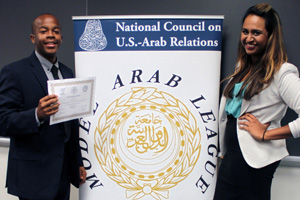

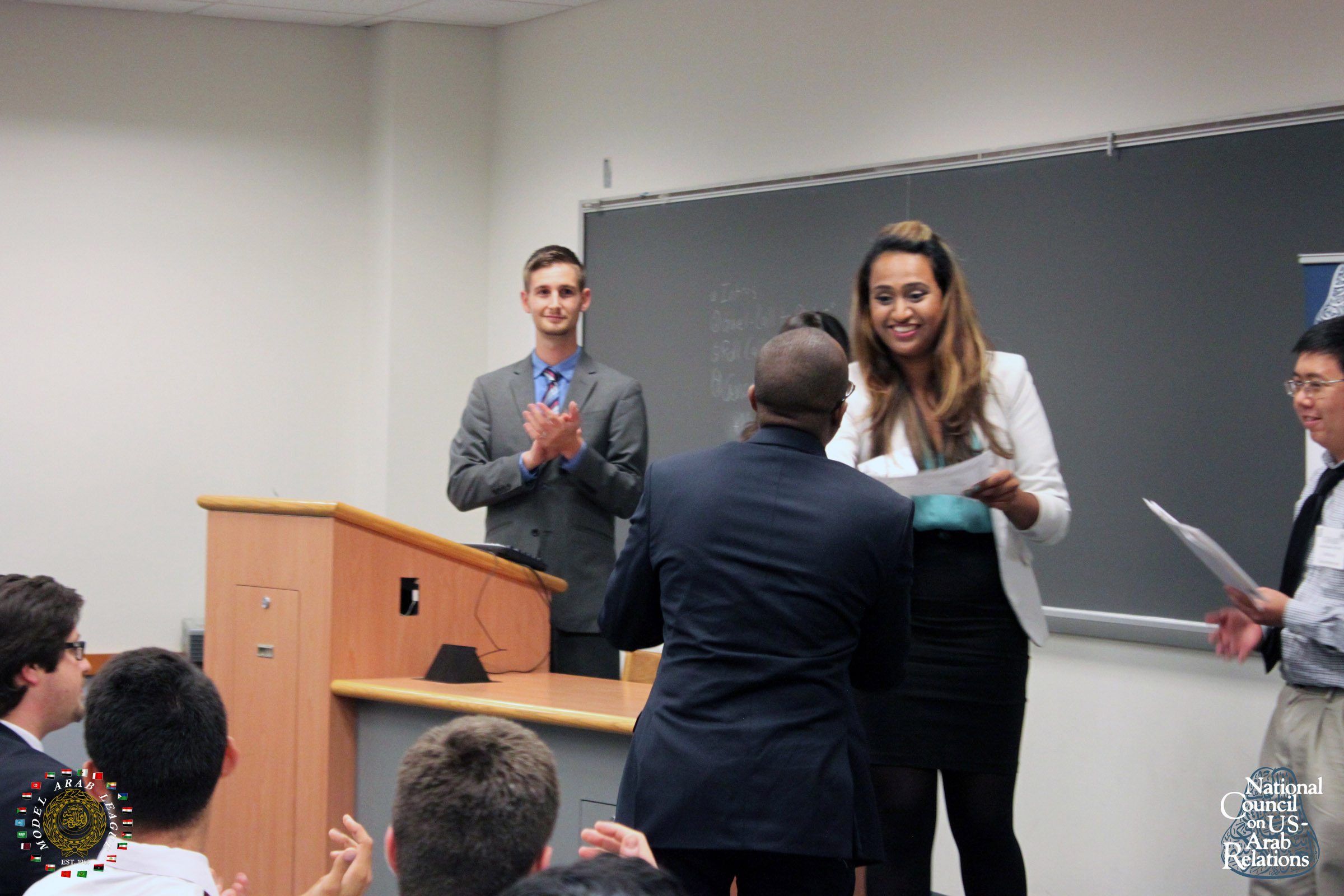
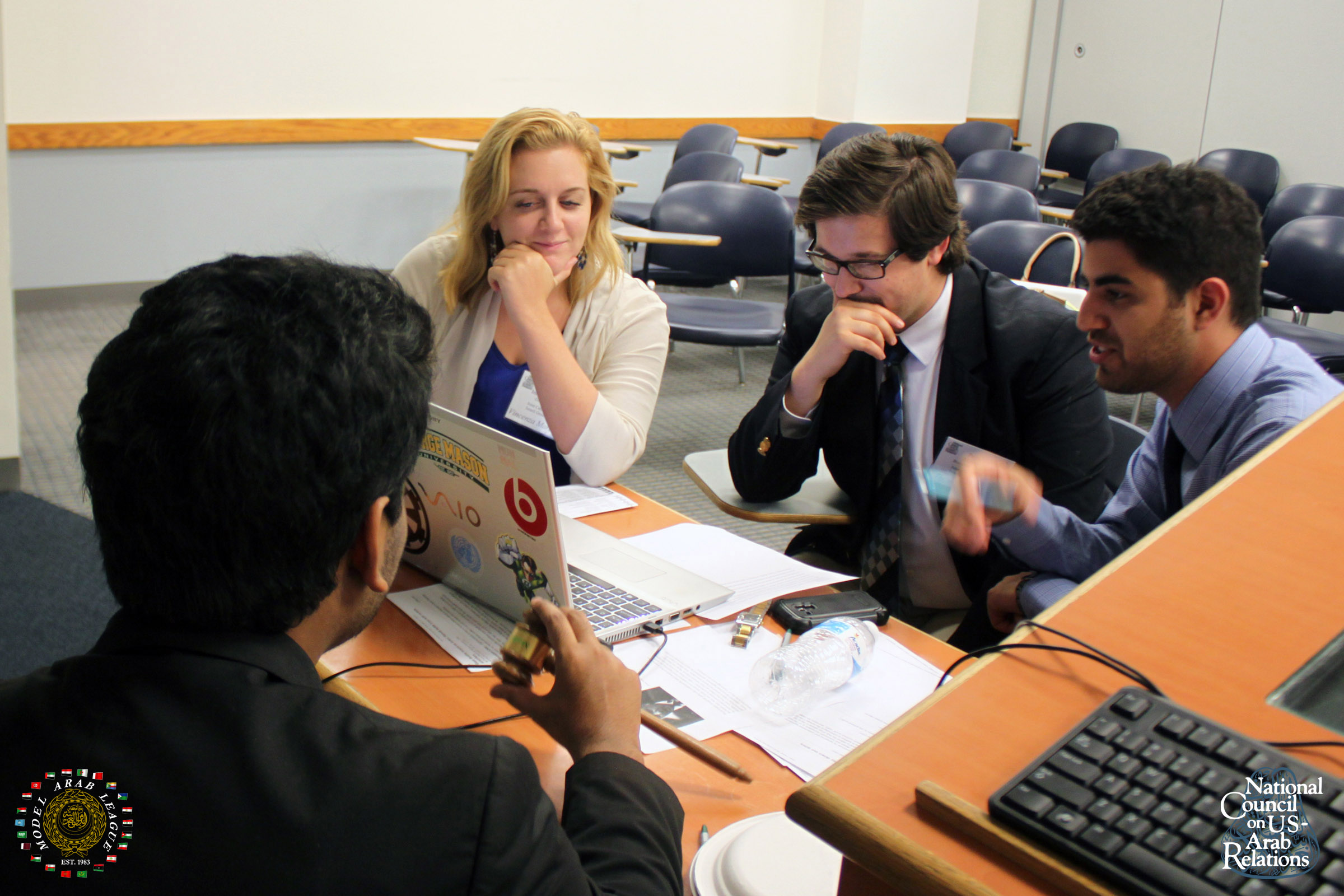
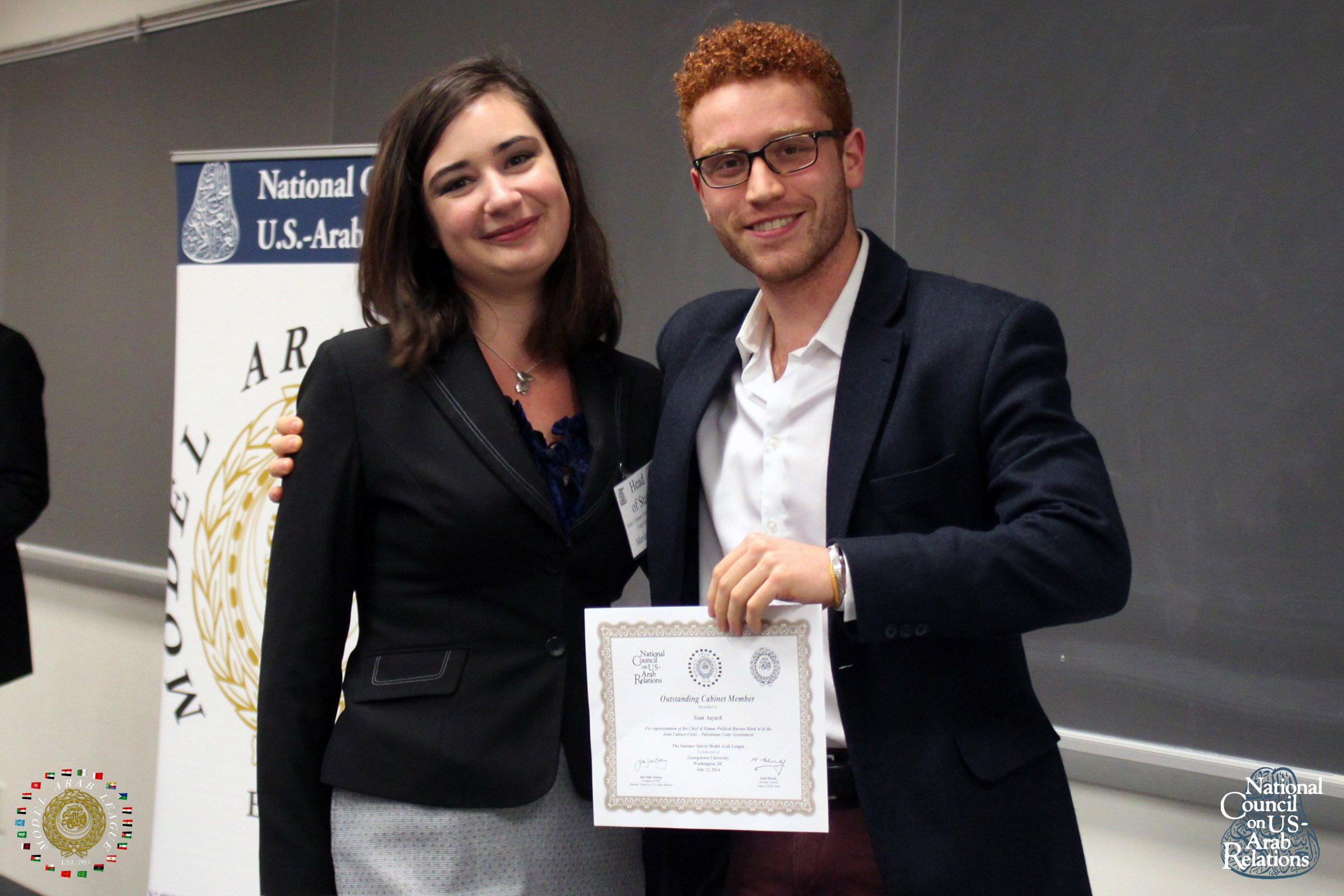
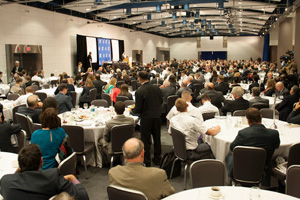



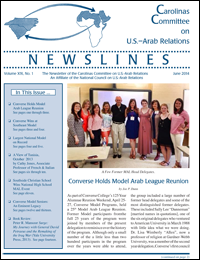 The
The 

You must be logged in to post a comment.